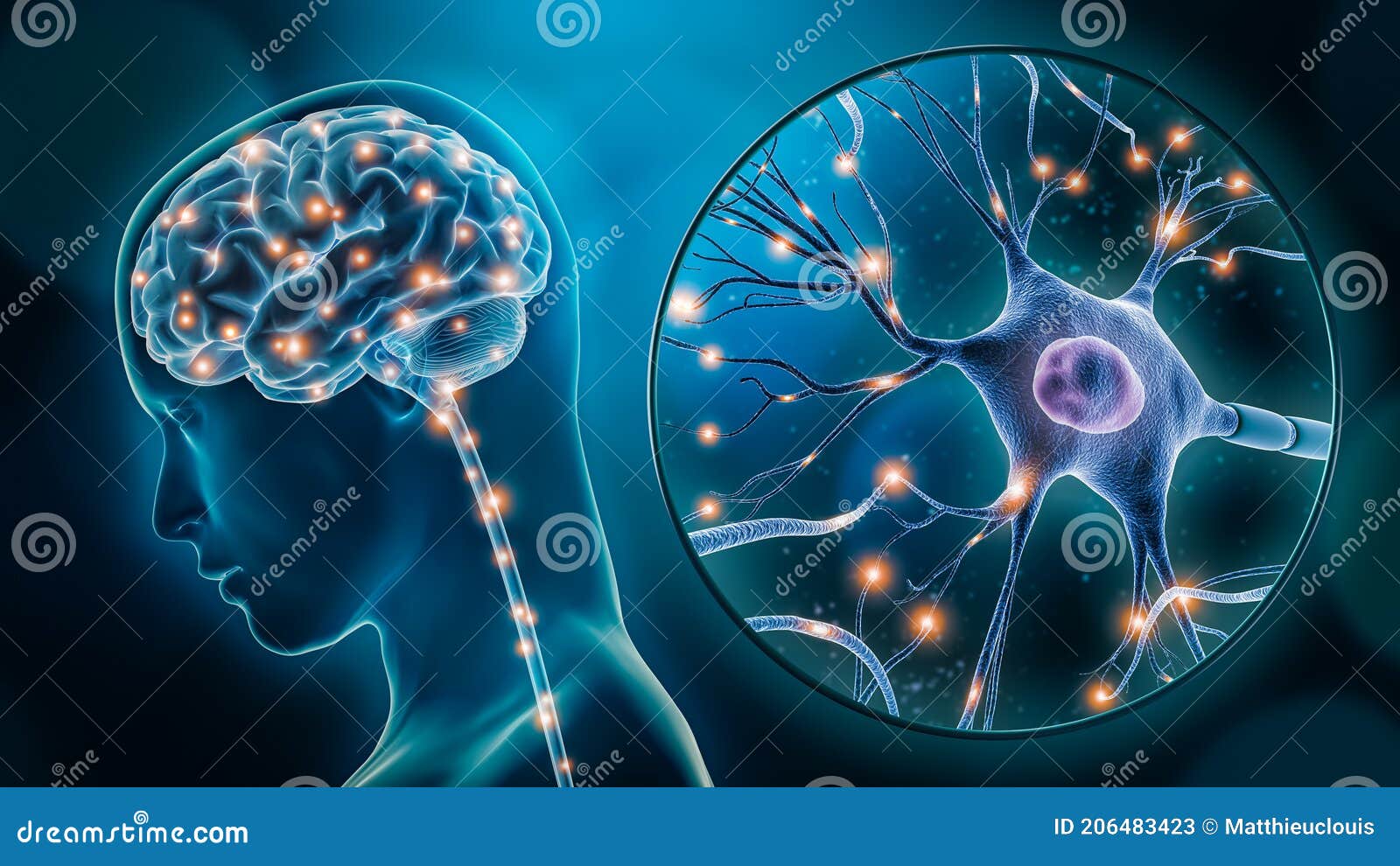

Therefore, tight regulation of glucose metabolism is critical for brain physiology and disturbed glucose metabolism in the brain underlies several diseases affecting both the brain itself as well as the entire organism. Glucose metabolism provides the fuel for physiological brain function through the generation of ATP, the foundation for neuronal and non-neuronal cellular maintenance, as well as the generation of neurotransmitters. In humans, the brain accounts for ~2% of the body weight, but it consumes ~20% of glucose-derived energy making it the main consumer of glucose (~5.6 mg glucose per 100 g human brain tissue per minute ). In the adult brain, neurons have the highest energy demand, requiring continuous delivery of glucose from blood. The mammalian brain depends on glucose as its main source of energy.


 0 kommentar(er)
0 kommentar(er)
